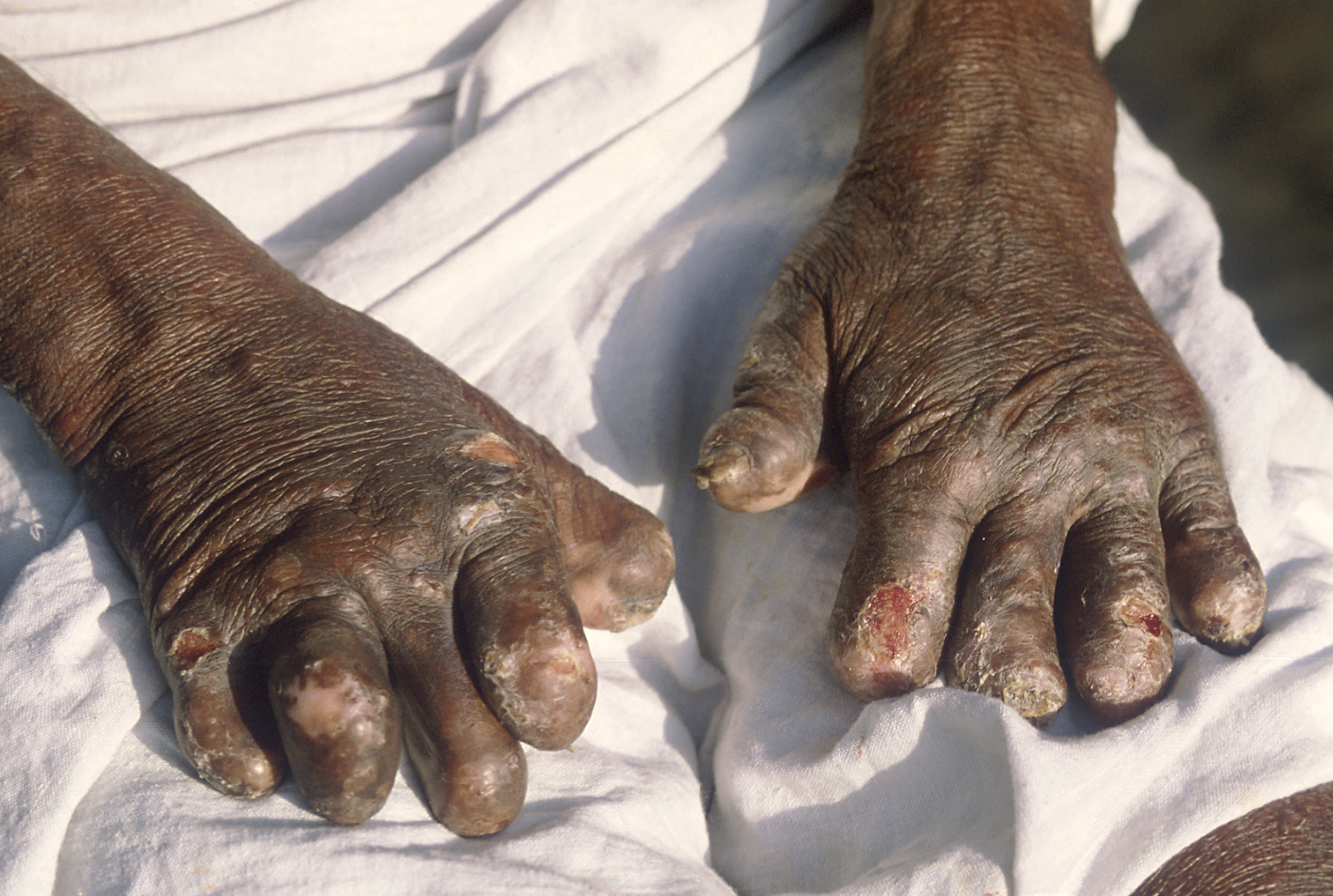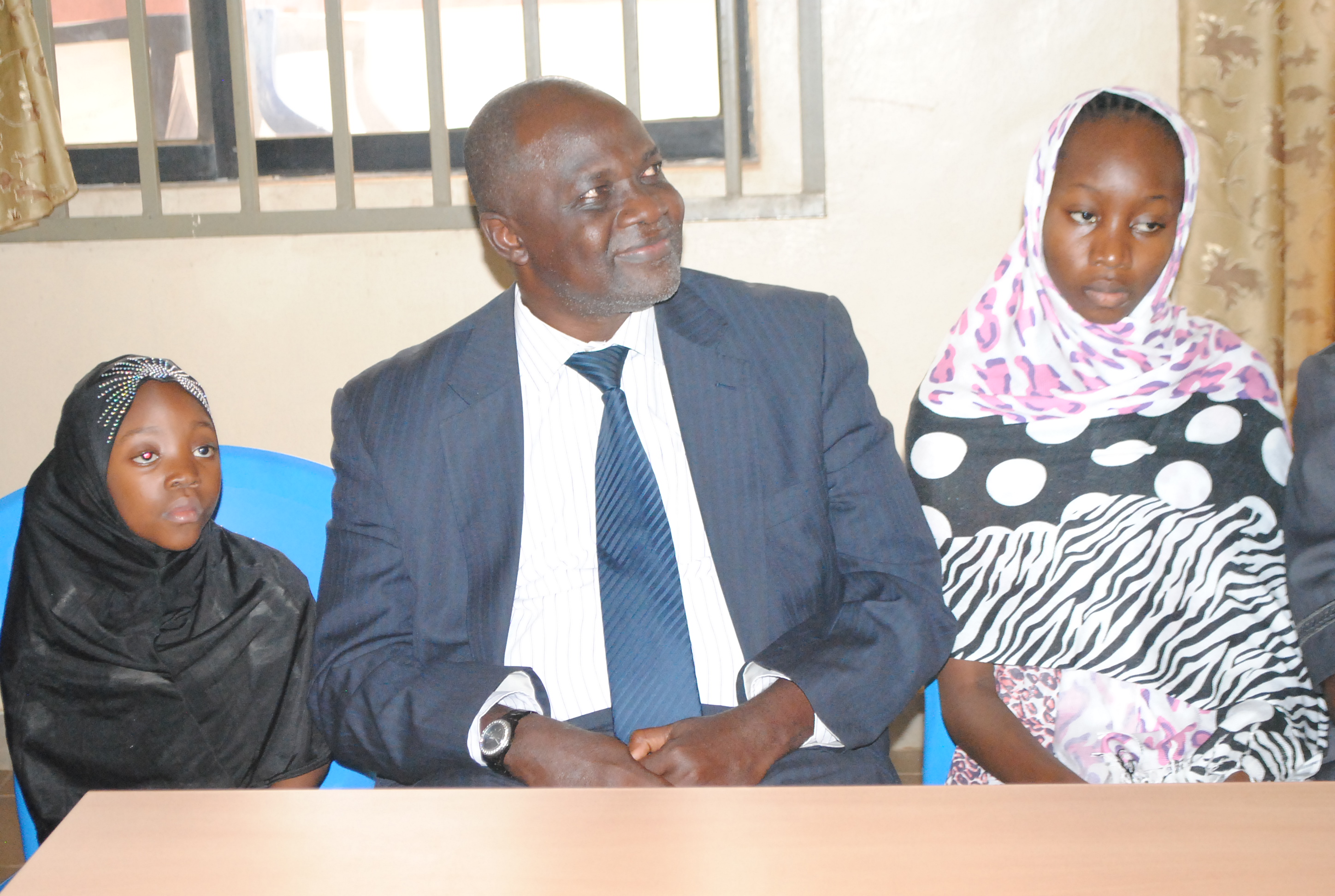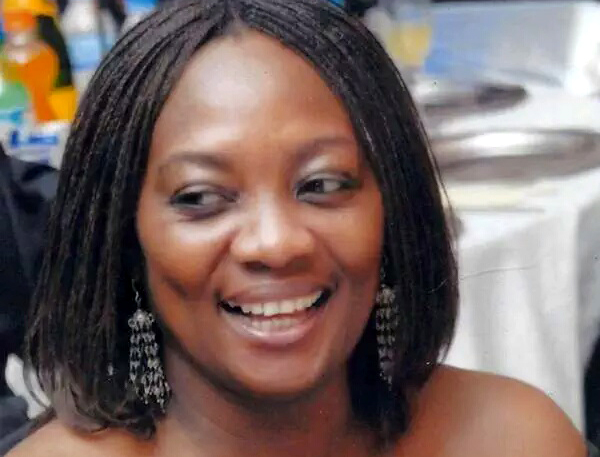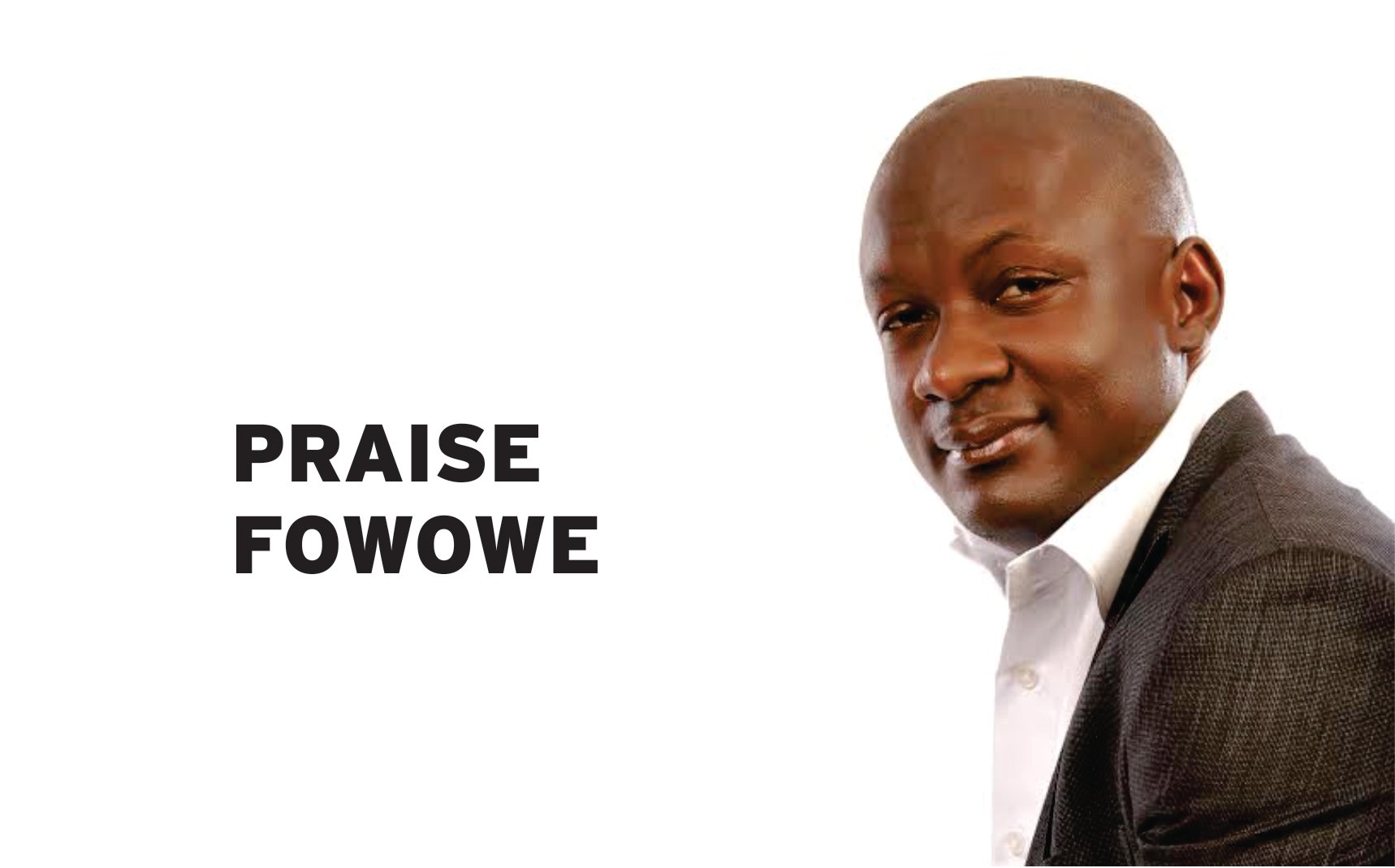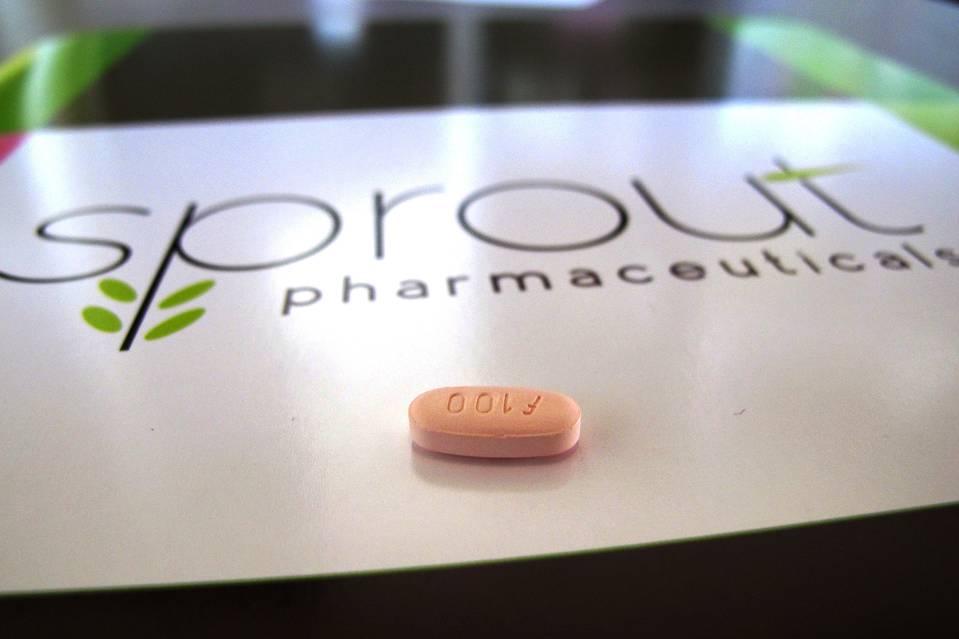The Leprosy Mission Nigeria (TLMN) on Thursday revealed that over 3,000 new cases of leprosy disease are recorded yearly in Nigeria, while stigmatisation and discrimination against sufferers remains high.
Terver Anyor, the funds development manager of TLMN, disclosed this at a one-day workshop on “Reducing Leprosy-Related Stigma and Discrimination’’ organised for media practitioners in Lokoja.
Anyor said the country had been rated as “high burden” in line with the World Health Organisation (WHO) standard which classified any country with record of more than 1,000 new cases yearly.
He said “the way to eradicate leprosy is by finding and treating every leprosy case seen but the biggest problem is finding them.
Advertisement
“Some hide away due to the lack of awareness or fear of stigma and discrimination, leading to an average of 3,000 cases being recorded yearly in Nigeria.
“There is need for awareness. The last leprosy hospital in Sweden closed in 1948. It can be eradicated in Nigeria.
“We want to work with the media to increase information outflow, correct the stigma and discrimination and ensure treatment.”
Advertisement
He said that TLMN, an NGO founded in 1894 and working in about 40 countries across the globe, started operations in Nigeria in 1986 but officially invited by the Federal Government in 1989.
The manager said that the mission in its fight against the causes and consequences of the disease in seven north-central states of the country was faced with challenges, including low political commitment.
Other problems, he said, included weak referral system, the lack of expertise in diagnosis and treatment, the lack of awareness and principally stigma and discrimination.
Anyor, therefore, urged the three tiers of government in the country to implement the UN Human Rights Resolution of 2008 signed by Nigeria to protect the rights of people living with disabilities.
Advertisement
Solomon Yahaya, the chairman of Joint National Association of Persons Living with Disabilities, Kogi chapter, thanked TLMN for the workshop and advised against the use of derogatory names for disabled persons.
Yahaya said that even the most normal person was living with one disability or the other “because it is only God that is perfect”.
He urged the society to treat everyone fairly, irrespective of disability.
Mrs Hannah Fashona, the social development officer and representative of the TLMN in Kogi, also advised against the use of discriminatory language and urged the media to help raise awareness through “effective reporting.’’
Advertisement
Leprosy, according to Anyor, is a disease condition caused by bacteria called Mycobacterium Leprae that kills the nerves and render them insensitive to touch or feeling.
She said that if left untreated, it could lead to loss of sensation, injury and disability.
Advertisement
Add a comment
